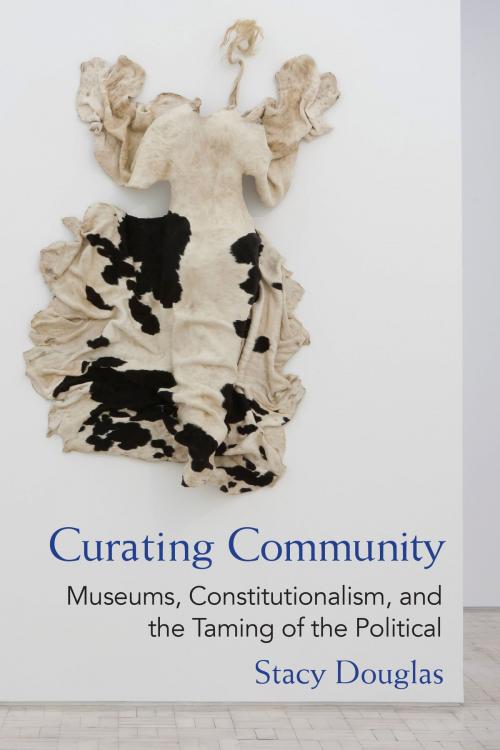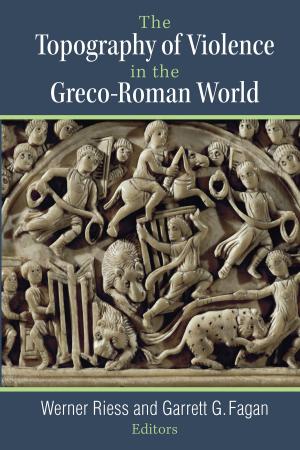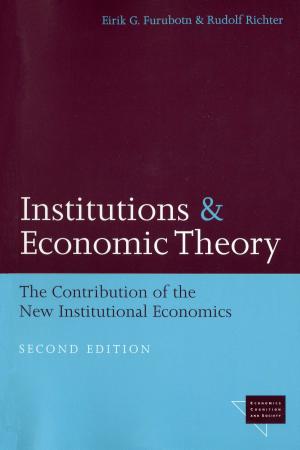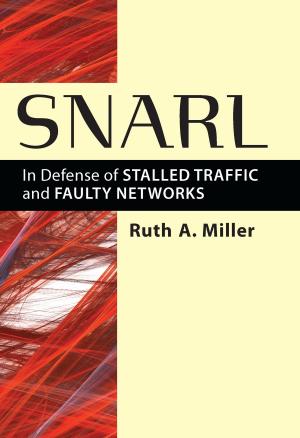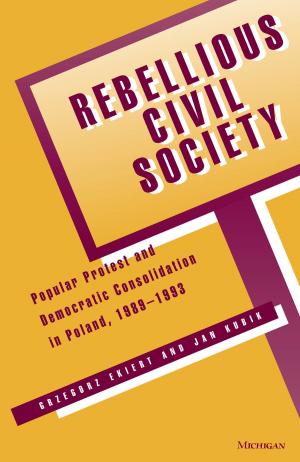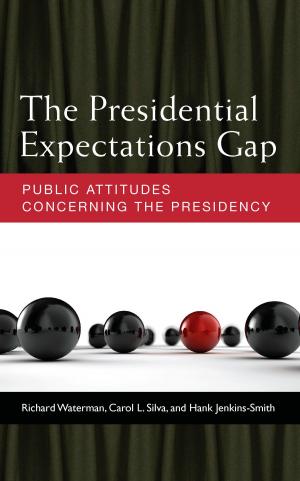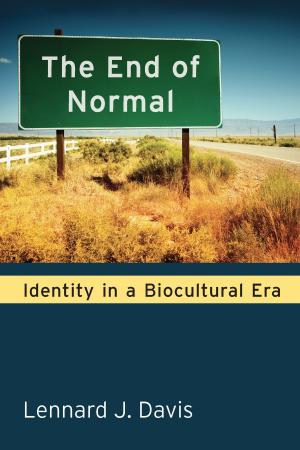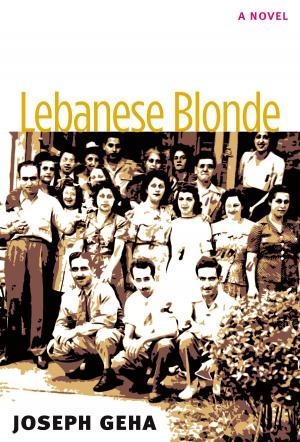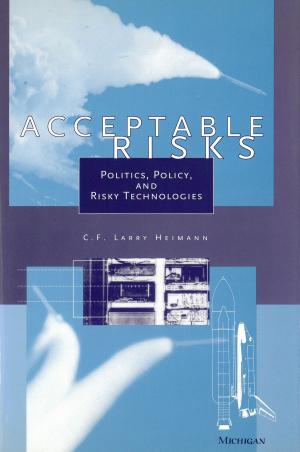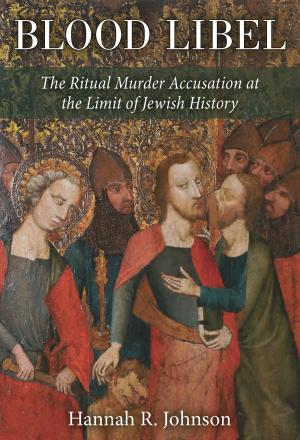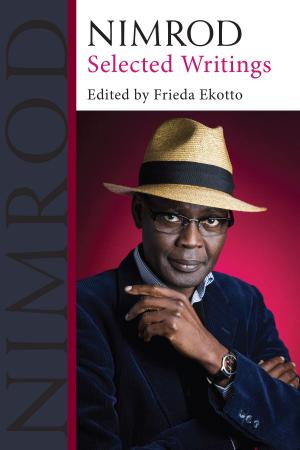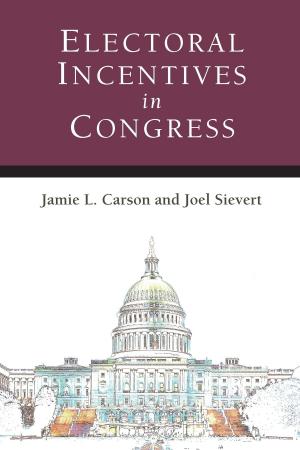Curating Community
Museums, Constitutionalism, and the Taming of the Political
Nonfiction, Social & Cultural Studies, Political Science, International, International Relations, Reference & Language, Law| Author: | Stacy Douglas | ISBN: | 9780472122936 |
| Publisher: | University of Michigan Press | Publication: | July 13, 2017 |
| Imprint: | University of Michigan Press | Language: | English |
| Author: | Stacy Douglas |
| ISBN: | 9780472122936 |
| Publisher: | University of Michigan Press |
| Publication: | July 13, 2017 |
| Imprint: | University of Michigan Press |
| Language: | English |
In Curating Community: Museums, Constitutionalism, and the Taming of the Political, Stacy Douglas challenges the centrality of sovereignty in our political and juridical imaginations. Creatively bringing together constitutional, political, and aesthetic theory, Douglas argues that museums and constitutions invite visitors to identify with a prescribed set of political constituencies based on national, ethnic, or anthropocentric premises. In both cases, these stable categories gloss over the radical messiness of the world and ask us to conflate representation with democracy. Yet the museum, when paired with the constitution, can also serve as a resource in the production of alternative imaginations of community. Consequently, Douglas’s key contribution is the articulation of a theory of counter-monumental constitutionalism, using the museum, that seeks to move beyond individual and collective forms of sovereignty that have dominated postcolonial and postapartheid theories of law and commemoration. She insists on the need to reconsider deep questions about how we conceptualize the limits of ourselves, as well as our political communities, in order to attend to everyday questions of justice in the courtroom, the museum, and beyond.
Curating Community is a book for academics, artists, curators, and constitutional designers interested in legacies of violence, transitional justice, and democracy.
In Curating Community: Museums, Constitutionalism, and the Taming of the Political, Stacy Douglas challenges the centrality of sovereignty in our political and juridical imaginations. Creatively bringing together constitutional, political, and aesthetic theory, Douglas argues that museums and constitutions invite visitors to identify with a prescribed set of political constituencies based on national, ethnic, or anthropocentric premises. In both cases, these stable categories gloss over the radical messiness of the world and ask us to conflate representation with democracy. Yet the museum, when paired with the constitution, can also serve as a resource in the production of alternative imaginations of community. Consequently, Douglas’s key contribution is the articulation of a theory of counter-monumental constitutionalism, using the museum, that seeks to move beyond individual and collective forms of sovereignty that have dominated postcolonial and postapartheid theories of law and commemoration. She insists on the need to reconsider deep questions about how we conceptualize the limits of ourselves, as well as our political communities, in order to attend to everyday questions of justice in the courtroom, the museum, and beyond.
Curating Community is a book for academics, artists, curators, and constitutional designers interested in legacies of violence, transitional justice, and democracy.
